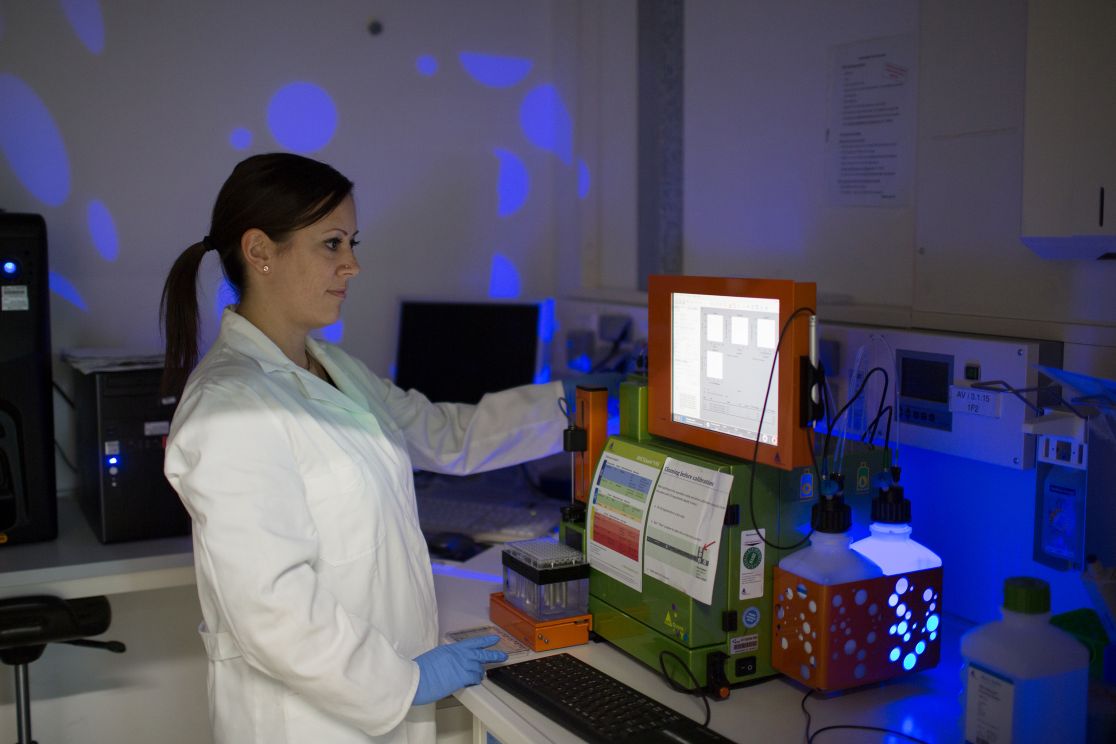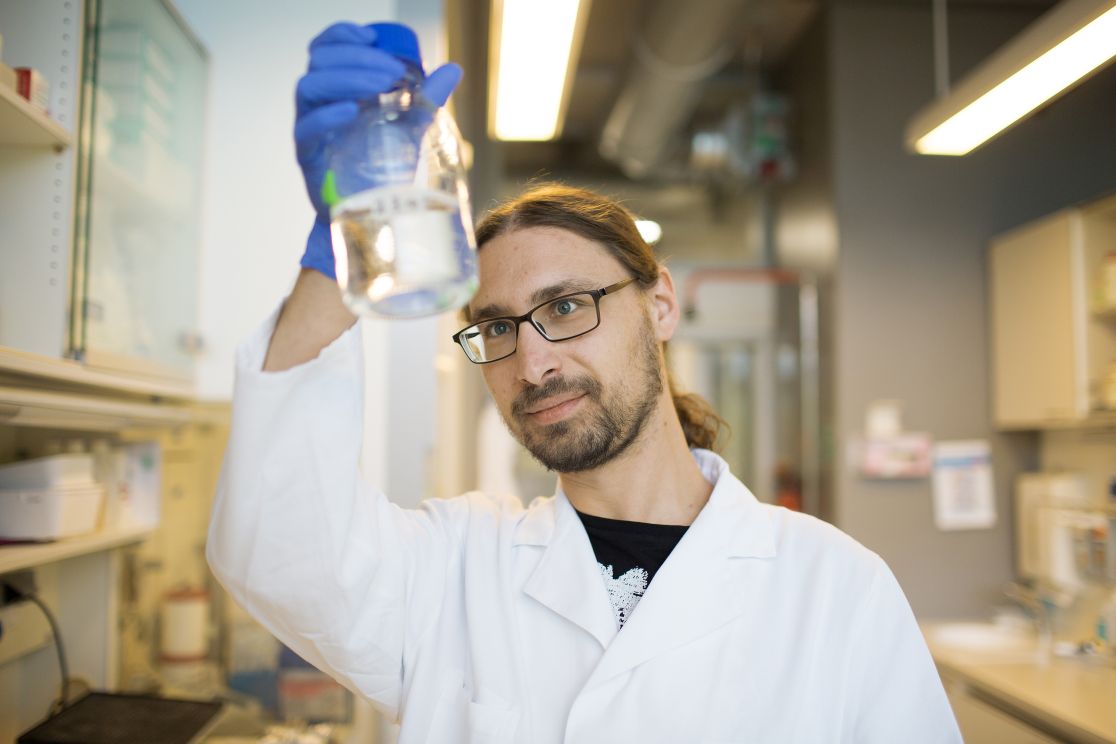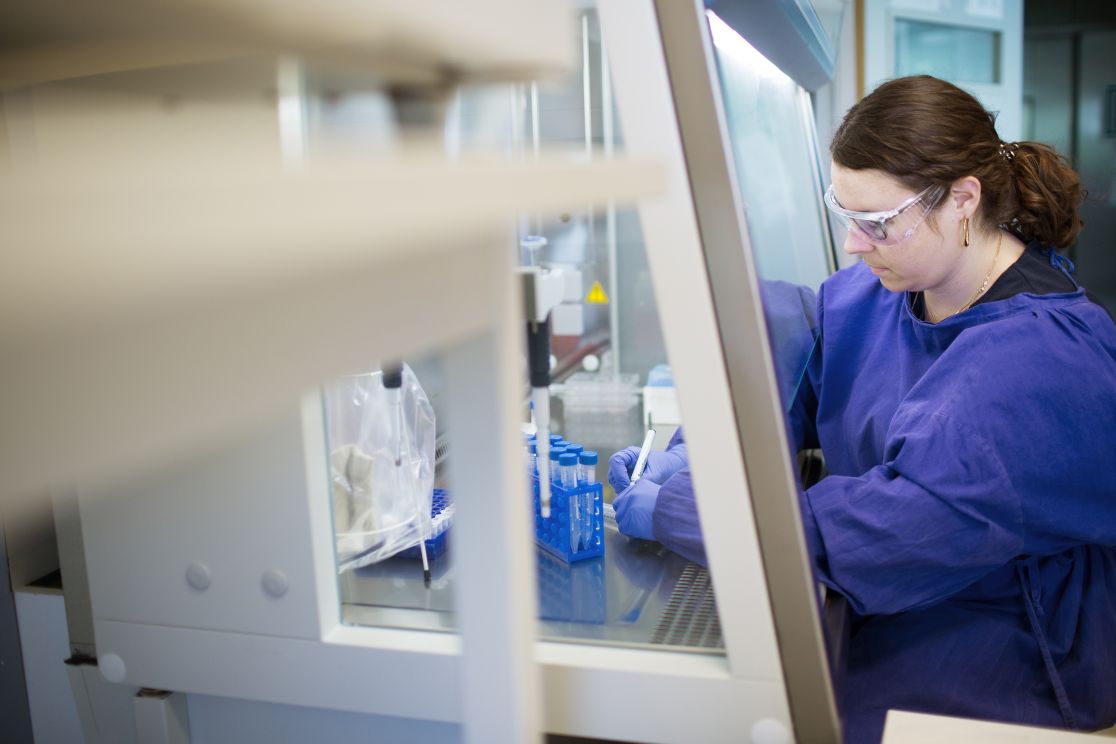Welcome to the homepage of the research section Molecular Virology, headed by Prof. Dr. Michael Schindler. Our research interests are viral immune evasion mechanisms and cell biology of chronic and emerging infections such as HIV, HCMV, Flavi- and Filoviruses. We have extensive knowledge in BSL-3 live cell imaging of viral infections and established novel methods to detect protein-protein interactions in living cells.
Research Section Molecular Virology
HIV induced generalized immune activation
A major effort of the lab is to clarify the causes and consequences of HIV induced generalized immune activation. HIV-1 can infect resting T cells but needs to drive cellular activation for efficient viral gene expression and thus completion of the viral life cycle. Hence, a concept of HIV/AIDS pathogenesis is that this immune activation results in increased T cell hyperproliferation and turnover. Ultimately, continuous T cell death leads to an exhaustion of the regenerative capacity of the immune system, loss of total T cell numbers and therefore AIDS. We analyze the mechanisms by which HIV proteins induce unspecific immune activation and thereby generate a cellular environment promoting viral replication. On the other hand, we investigate how the virus manages to evade the specific antiviral innate and adaptive immune response of the host and counteracts cellular restriction factors.
The release route of Hepatitis C Virus
Another cell biology focused project is the release route of Hepatitis C Virus. Viruses hijack cellular pathways in order to produce infectious viral progeny. Elusive up to now, we have shown that HCV is not released via classical Golgi-mediated secretion. In contrast, HCV bypasses this cellular organelle and uses a pathway directly from the endoplasmic reticulum to the plasma membrane. This exciting results point towards the possible existence of a not yet described cellular secretion route, which could represent a seminal cell biological finding. We aim to identify host cell factors involved in this pathway and use HCV as a molecular tool.
Basic research converges with therapeutic applications
Our basic research converges with therapeutic applications and culminated in the initiation of various projects with the aim to develop and establish novel antivirals. Examples are targeting of HIV-1 infected cells by immunotherapeutic antibodies, a small compound with a broad antiviral activity against Flaviviruses, small-peptide inhibitors of herpesvirus entry, as well as the potential utilization of virosomes as vaccines.
Team
Contact
Head of the Research Section
frontend.sr-only_#{element.contextual_1.children.icon}: Prof. Dr. Michael Schindler
More about the Person
frontend.sr-only_#{element.contextual_1.children.icon}: +49 7071 29-87459
frontend.sr-only_#{element.contextual_1.children.icon}: +49 7071 29-25193
E-mail address: michael.schindler@med.uni-tuebingen.de
frontend.sr-only_#{element.contextual_1.children.icon}: We are always interested in collaborations; offer Master/Bachelor, MD as well as PhD-theses in various interdisciplinary projects. For further information contact Michael Schindler via mail or phone.



Highlight publications of the section
- Bunz M, Eisele M, Hu D, Ritter M, Kammerloher J, Lampl S, Schindler M. CD81 suppresses NF-κB signaling and is downregulated in hepatitis C virus expressing cells. Front Cell Infect Microbiol. 2024 Jan 31;14:1338606. doi: 10.3389/fcimb.2024.1338606.
- Syrigos GV, Feige M, Dirlam A, Businger R, Gruska I, Wiebusch L, Hamprecht K, Schindler M. Abemaciclib restricts HCMV replication by suppressing pUL97-mediated phosphorylation of SAMHD1. Antiviral Res. 2023 Sep;217:105689. doi: 10.1016/j.antiviral.2023.105689.
- Ruetalo N, Berger S, Niessner J, Schindler M. Inactivation of aerosolized SARS-CoV-2 by 254 nm UV-C irradiation. Indoor Air. 2022 Sep;32(9):e13115. doi: 10.1111/ina.13115.
- Bunz M, Ritter M, Schindler M. HCV egress - unconventional secretion of assembled viral particles. Trends Microbiol. 2022 Apr;30(4):364-378. doi: 10.1016/j.tim.2021.08.005.
- Businger R, Kivimäki S, Simeonov S, Vavouras Syrigos G, Pohlmann J, Bolz M, Müller P, Codrea MC, Templin C, Messerle M, Hamprecht K, Schäffer TE, Nahnsen S, Schindler M. Comprehensive Analysis of Human Cytomegalovirus- and HIV-Mediated Plasma Membrane Remodeling in Macrophages. mBio. 2021 Aug 31;12(4):e0177021. doi: 10.1128/mBio.01770-21.
- Lim J, Petersen M, Bunz M, Simon C, Schindler M. Flow cytometry based-FRET: basics, novel developments and future perspectives. Cell Mol Life Sci. 2022 Mar 30;79(4):217. doi: 10.1007/s00018-022-04232-2.
- Nehls J, Businger R, Hoffmann M, Brinkmann C, Fehrenbacher B, Schaller M, Maurer B, Schönfeld C, Kramer D, Hailfinger S, Pöhlmann S, Schindler M. Release of Immunomodulatory Ebola Virus Glycoprotein-Containing Microvesicles Is Suppressed by Tetherin in a Species-Specific Manner. Cell Rep. 2019 Feb 12;26(7):1841-1853.e6. doi: 10.1016/j.celrep.2019.01.065.
Certificates and Associations

Focus: Top Nationales Krankenhaus 2024

Kooperation für Transparenz und Qualität im Gesundheitswesen

Qualitätspartnerschaft mit der PKV

Erfolgsfaktor Familie

Die Altersvorsorge für den Öffentlichen Dienst


